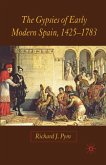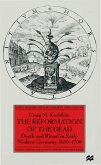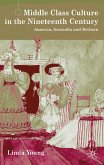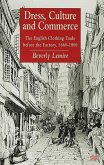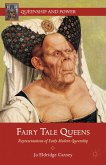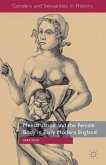Drawing extensively on the author's archival research, this is the first major study in English of the first three and a half centuries in Spain of a people, its 'gitanos', who, despite their elevation by Spaniards and non-Spaniards alike to culturally iconic status, have until now remained invisible to history in the English-speaking world.
'The story of the gypsies of early modern Spain is very much a journey through an often hidden side of that period, for we see things not only from the viewpoint of the strong but also from that of the weak. Thanks to this excellent study [...] we are able to see early modern Spain from a multitude of perspectives that offer a much richer and more complex view of Golden-Age Spain than we have been accustomed to. Scholars and students alike will find reading this book a rewarding experience.' - Trevor Dadson, Hispanic Research Journal
'A compelling analysis of the gypsy presence in Spain over the course of four centuries..Richard J. Pym's new book is an important addition to the scholarship on marginalized groups in early modern Spain.' - Elizabeth A. Lehfeldt, American Historical Review
'This is a fascinating and meticulously researched study.' - Helen Rawlings, Bulletin of Spanish Studies
'...a fascinating study that will interest students and general readers alike. It will also be invaluable for specialists seeking to understand the nature and limitations of royal authority in early modern Spain.' - A. Malcolm, The English Historical Review
'A compelling analysis of the gypsy presence in Spain over the course of four centuries..Richard J. Pym's new book is an important addition to the scholarship on marginalized groups in early modern Spain.' - Elizabeth A. Lehfeldt, American Historical Review
'This is a fascinating and meticulously researched study.' - Helen Rawlings, Bulletin of Spanish Studies
'...a fascinating study that will interest students and general readers alike. It will also be invaluable for specialists seeking to understand the nature and limitations of royal authority in early modern Spain.' - A. Malcolm, The English Historical Review



